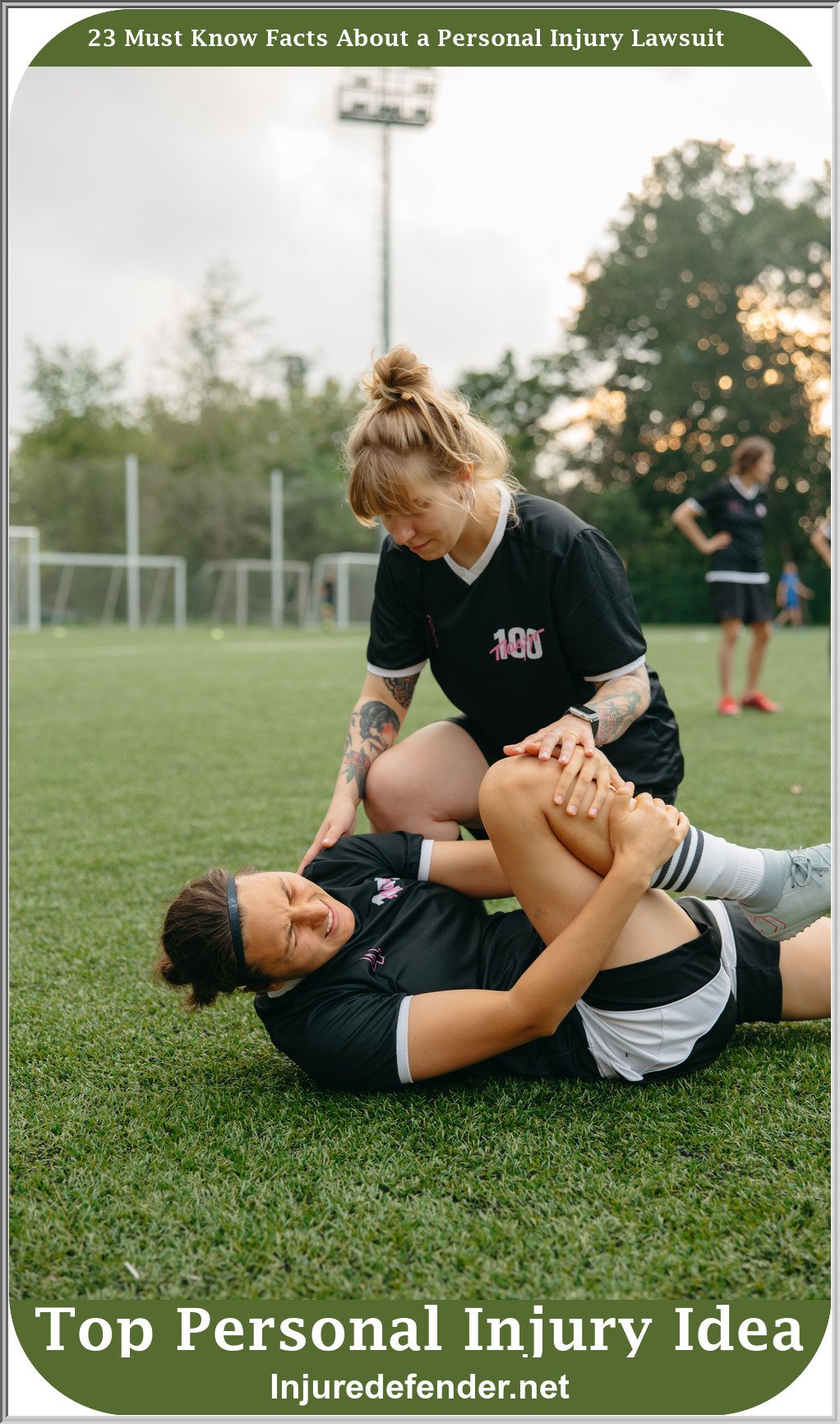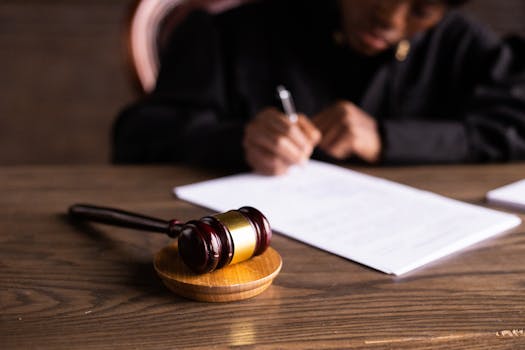
1. What to do if insurance company calls during treatment phase
If your insurance company contacts you during the treatment phase, it is important to be as truthful and up-to-date as possible. You may be asked what medications you are taking, what kind of treatment you are receiving, and whether you are satisfied with the care. Remember to keep all of your medical records handy, and be sure to answer questions truthfully. If you do not want your insurance company to contact you, you can ask the care provider to tell them that you will only speak to your insurance company after you have finished all of your treatment.
2. One Week After Accident: Follow Up Steps
It has been one week since you were in a car accident. In that time, it is important to follow up with the following steps:
1. Speak with your insurance company. They will want to know what happened and what your injuries are.
2. Get a doctor’s note. If you have any injuries, the doctor will need to write a note confirming that you are injured and need time off.
3. Make a list of your expenses. This will help you get an idea of what you need to take care of financially.
4. Contact your work and see if you can get time off. If you cannot get time off, make sure to tell your boss what happened and what your plans are.
5. Finally, make a plan for the future. This will help you stay on track and know what you need to do next.
3. Getting Full Records After Treatment
Medical records remain an important record of your health and treatment. Keep all medical records and clinic notes, as well as copies of your x-rays, MRI scans, and other scans.
If you receive any experimental or experimental-like treatments, make sure to get full records of that treatment. For general healthcare, try to get all your records electronically if possible. If not, keep a paper copy on file. If you have any questions about keeping or using your medical records, speak with your doctor or health care provider.
4. Insurance Companies Will Reach Out to You After An Auto Accident
If you have been involved in an auto accident, don’t be surprised when insurance companies start contacting you. Whether you have insurance or not, they will want to know the details of the crash in order to determinate liability. If you are at fault, you may be required to pay for damages. If you are not at fault, your insurance company may help cover the costs of your medical bills, lost wages, and other related expenses.
5. The Worse the Injury, the Better the Case
The worse the injury, the better the case. This is especially true when it comes to brain injuries. There is a lot that can go wrong with a brain injury, which can make the individual very vulnerable to other injuries and illnesses. This makes the brain injury case much more complex to prosecute.
6. Percentage of Fault in a Personal Injury Case
In a personal injury case, the percentage of fault typically lies with the defendant. That is, the defendant is typically at fault for the injury that occurred. There are, of course, exceptions to this rule, and the percentage of fault may be split 50/50 between the defendant and the plaintiff. In any event, the determination of fault is a critical part of any personal injury case.
7. 4 Factors That Make A Good Personal Injury Case
To make a successful personal injury case, you’ll need to consider several factors, including the severity of your injuries, the negligence of the other party, and the evidence you have to support your case. Here are seven key factors to keep in mind:
1. severity of injuries: the more serious the injuries, the more evidence you’ll need to support your case. For example, if you suffer a head injury, you’ll need medical documentation to support your claim.
2. negligence: if the other party was negligent in their actions, this could lead to liability. For example, if someone cuts you while you’re walking, the other party may be held liable for your injuries.
3. evidence: as with any legal case, you’ll need to have solid evidence to support your claims. This may include eyewitness testimony, photographs, or even video recordings.
4. timeline: keep track of the relevant dates and events in your case, as this will help organize things.
8. How to Handle a Personal Injury Lawsuit in a Timely Manner
There are a few key steps that you can take to help handle a personal injury lawsuit in a timely manner. First, it is important to gather all of the relevant information. This includes the injury itself, any witnesses involved, and any documentation that may be relevant.
It is also important to determine your lawyer’s fees and obtain a copy of their contract. Finally, it is important to keep all communication and evidence confidential until the case is resolved.
9. Timeframe for a Personal Injury Lawsuit
Most personal injury lawsuits are filed within three years of the date of the accident. However, lawsuits can be filed up to 10 years after the date of the accident if the victim can prove that the delay was the fault of the defendant.
10. Personal Injury Case: The System Is Not Rigged
There is a pervasive myth that the system is rigged against people who have been wronged in personal injury cases. This belief is often unfounded and based on conspiracy theories. The truth is that personal injury cases are incredibly complex and there are often many factors that come into play when a person is injured. The personal injury system is designed to compensate people who have been wronged, and it is not based on who is most vocal or wealthiest.
11. The 3 Things That Make A Good Personal Injury Case
There are three key elements to a good personal injury case: proof of damage, causation, and damages. Proof of damage is the most important element, as it proves that you were harmed in some way and that the defendant’s actions caused the damage. Causation is also crucial, as it determines whether the defendant’s actions were the direct cause of your injury. Finally, damages are the money you’re entitled to receive as compensation for your injuries.
All three of these factors need to be taken into account when filing a personal injury case.
12. What to Expect in a Personal Injury Lawsuit
A personal injury lawsuit is one way to hold someone accountable for causing you harm. There are a number of steps involved in filing a lawsuit, and each situation is different. However, the following are some general expectations that are common in personal injury lawsuits.
First, you should expect to be required to provide evidence that the person or company responsible for your injury caused it. This might include medical records, eyewitness testimony, or video recordings. Second, you should expect to be allocated a lawyer to represent you in the lawsuit. Your lawyer will work with you to prepare and present your case, and will be responsible for negotiating settlements or winning a jury trial. Third, you should expect to face substantial financial costs in a personal injury lawsuit.
This includes attorney fees, court costs, and the cost of damage to your property. Finally, you should expect to have a long timeline for resolving a personal injury lawsuit. This can range from months to years, and varies depending
13. Documenting Injury in a Personal Injury Lawsuit
Documenting injury in a personal injury lawsuit can be critical to proving your case. Injury evidence may be important to establish liability, damages, and causation.
Particularly, medical records and photos can provide strong evidence of your injuries. Additionally, documenting the time of the injury, where you were at the time, and any witnesses who may have been around can be helpful.
14. Reaching Out to a Lawyer Can Help with Insurance Claims
Many people have a misconception that contacting a lawyer is a costly and time-consuming process, but this is not always the case. There are a number of resources available to help people who have been victims of a crime or who are facing an insurance claim.
In some cases, the best thing to do is to speak to a lawyer who will be able to help you navigate the complicated legal system. In other cases, community resources may be available to help victims navigate the insurance claims process.
15. Avoid Ligation: Tips for Personal Injury Settlements
Ligation is the most common form of surgery performed on the human body, yet it also carries the highest risk of complication. When making a decision about accepting a settlement for personal injury, it is important to weigh the pros and cons of ligation before making a final decision.
Ligation is a surgical procedure in which a piece of cord is looped around a bone or tendon. The procedure is typically used to fix a broken bone or tendon, or to remove a torn ligament. However, ligation can also create other complications, such as blood clots or infection. When making a decision about accepting a settlement for personal injury, it is important to weigh the pros and cons of ligation before making a final decision. The benefits of ligation include the ability to fix a broken bone or tendon, or to remove a torn ligament.
However, ligation can also create other complications, such as blood clots or infection. Additionally, the surgery is often needed.
16. How long does it take to settle a personal injury claim?
In most personal injury claims, it will take the claimant and their attorney between six and twelve months to complete the entire process. This includes gathering all of the evidence, preparing a case, and then presenting it to the insurance company.
If the claim is a small one, it may only take a few weeks. However, if the claim is more complex, it may take months or even years to reach a resolution.
17. Getting To A Final Settlement In A Personal Injury Lawsuit
Getting to a final settlement in a personal injury lawsuit is a long and winding road. Sometimes, the parties will reach a tentative settlement before trial, and other times, a trial will be necessary to finally determine the amount of damages that are owed.
Regardless of the route taken, it is important to have an experienced personal injury lawyer on your side to navigate the complicated legal system and protect your rights.
18. When Personal Injury Lawsuit Moves Into Litigation
When personal injury law lawsuit moves into litigation, one of the first things that typically happens is that the parties involved in the litigation will exchange information and evidence. This process is often called discovery. In some cases, one party may initiate discovery by filing a request for information or production from the other party.
Discovery may also be triggered when one party suspects that the other party may have something that could help the party in the litigation.
19. Attorney Explains Process of a Personal Injury Lawsuit
A personal injury lawsuit is a legal action that is filed by someone who has suffered an injury. The lawsuit is filed against the person or entity that is responsible for the injury. The lawsuit is filed in order to seek compensation for the damages that have been suffered.
The personal injury lawsuit process can be broken down into four main steps.
The first step in the personal injury lawsuit process is to gather evidence. This includes verifying the facts of the case and gathering any evidence that will support the claims that are being made.
The second step is to file a lawsuit. This is where the personal injury lawsuit is filed in court.
The third step is to negotiate a settlement. This is where the parties involved in the personal injury lawsuit come to an agreement on what compensation they would like to receive. The fourth and final step is to go to court and present the case to a judge. The judge will then decide whether or not the case should be resolved in favor of the person who filed the lawsuit.
20. Factors that Affect Whether a Case Goes to Trial
There are a number of factors that can affect whether a case goes to trial.
These factors include, but are not limited to, the strength of the evidence, the number of parties involved, the parties’ bargaining positions, and the jurisdiction of the court.
21. Will My Personal Injury Case Go To Trial?
There is no one definitive answer to this question. Each case is unique and will depend on the specific facts of the case.
In general, cases that involve serious injuries or those that involve complex legal issues are more likely to go to trial.
22. 3 Things That Reduce Your Chances of Winning a Personal Injury Case
1. Speak to an Attorney 2. Document the Injury 3. Understand the Legal Process
23. Fault Determines Amount of Money in a Personal Injury Lawsuit
In most civil court systems, the amount a person can receive in a personal injury lawsuit is determined by the fault of the person who caused the injury. This means that if a person was negligent in their actions, the court may award that person less money in a lawsuit than if the person was at fault. This is because the court feels that the negligent person is more likely to have caused more damage than the person who was actually at fault.



